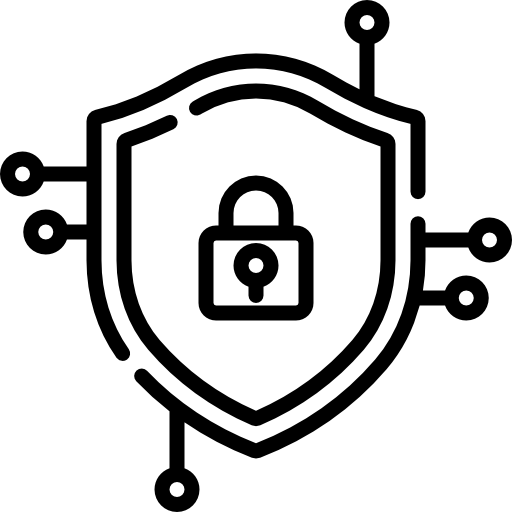MindEdge Learning
5 hours (0.5 CEUs)
Open Enrollment; 90-day access
Self-paced; 5 hours
Online
$119 (discounts do not apply)
Course Description
Note: This course is one module within the Certificate in Cybersecurity.
This course covers topics related to communications and network security. It begins with a lesson in the different types of networks and different transmission technologies. It also covers the two main models that govern how networks work: the OSI model and the TCP/IP model, as well as their related layers. The course includes a detailed discussion of the many protocols that allow networks and network devices to communicate with one another and includes a discussion of firewalls and wireless networks. This course is designed for IT professionals and other adult learners who are interested in gaining an introduction to information technology security.
Learning Outcomes
By the end of the course, learners will be able to:
-
Discuss the general concepts that enable networking and its role in information technologyCompare the different types of networks, including LANs, WANs, and MANs, as well as the Internet, intranets, and extranetsExplain what the Open Systems Interconnection (OSI) Reference Model is and identify its seven layersContrast the OSI model with the TCP/IP ModelIdentify common protocols and differentiate between network, routing, and data link protocolsDescribe the functions of common networking devices, including bridges, routers, hubs, repeaters, switches, and firewallsDiscuss how wireless networks work and the technology that enables themIdentify common network attacks and how they can be preventedDiscuss the general concepts that enable networking and its role in information technology
- Compare the different types of networks, including LANs, WANs, and MANs, as well as the Internet, intranets, and extranets
- Explain what the Open Systems Interconnection (OSI) Reference Model is and identify its seven layers
- Contrast the OSI model with the TCP/IP Model
- Identify common protocols and differentiate between network, routing, and data link protocols
- Describe the functions of common networking devices, including bridges, routers, hubs, repeaters, switches, and firewalls
- Discuss how wireless networks work and the technology that enables them
- Identify common network attacks and how they can be prevented
Key Features
- Mobile-friendly
- Audio-enabled
- Badge and credit-awarding
- Real-world case studies
- Fully accessible
- Games & Flashcards
- Expert-supported
- Video content
